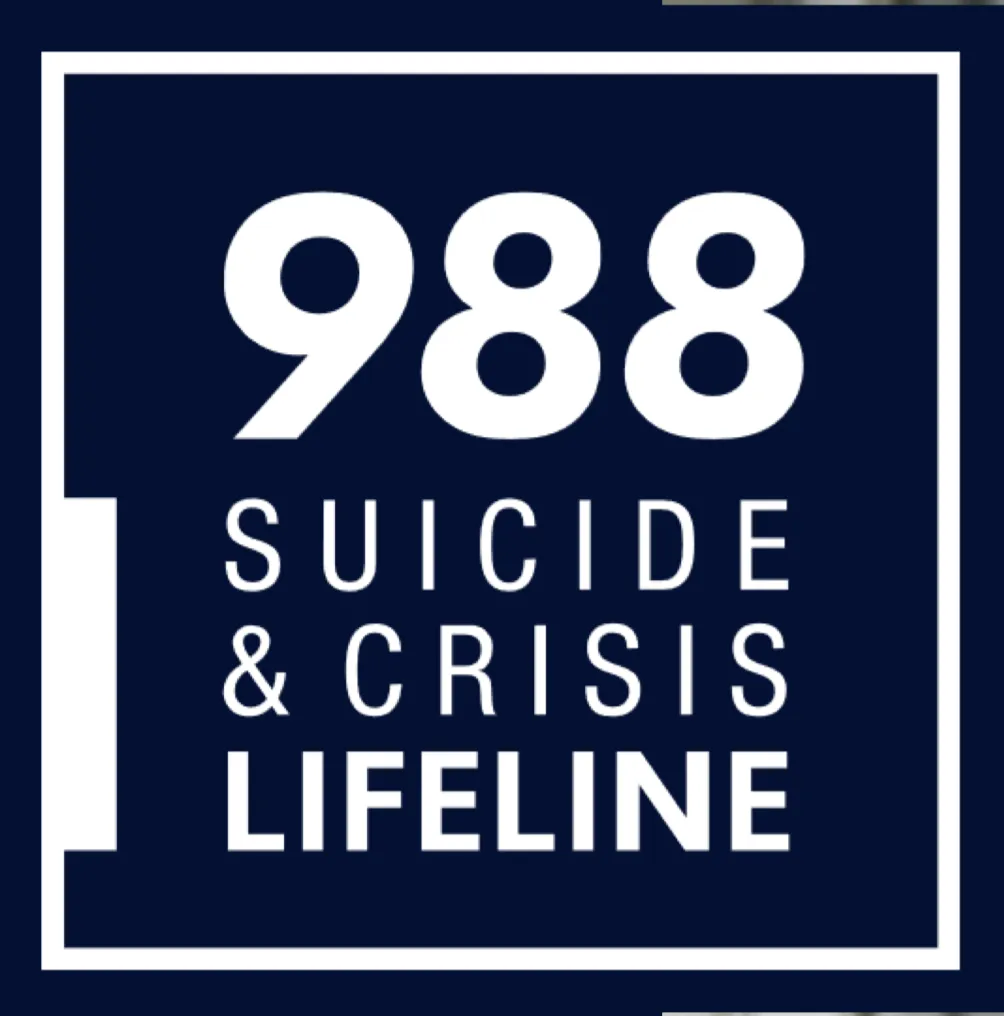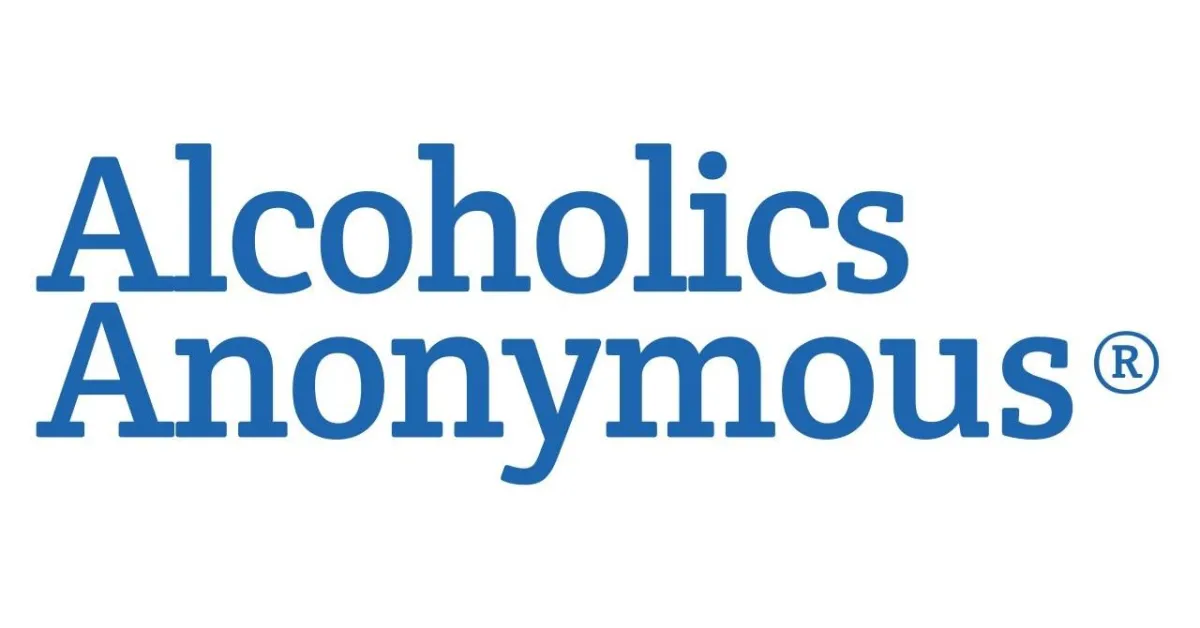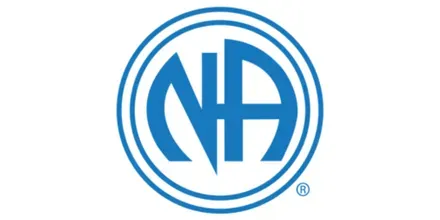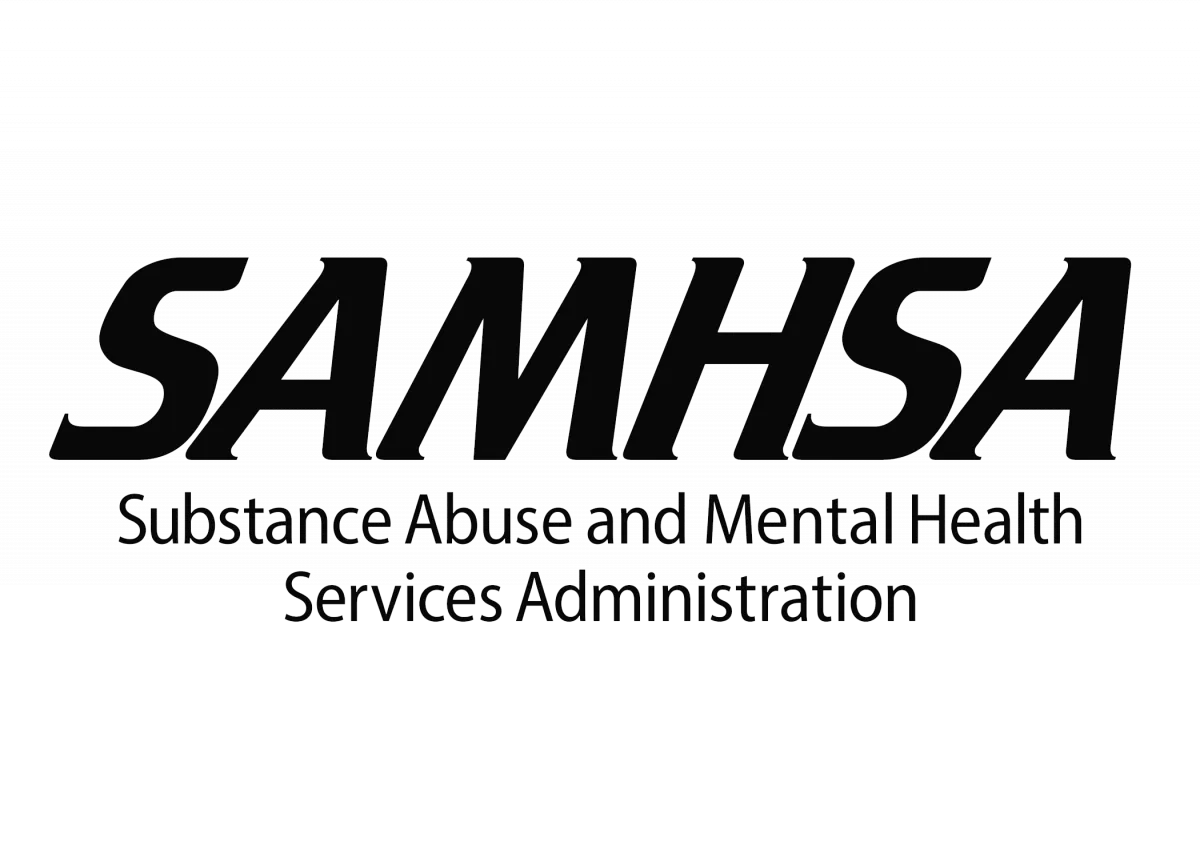FAQS
How does life coaching differ from therapy?
While both life coaching and therapy aim to support personal growth, they have distinct approaches. Therapy typically focuses on addressing past traumas, emotional healing, and diagnosing mental health conditions. On the other hand, life coaching is forward-focused, centered around setting and achieving goals, enhancing performance, and unlocking potential. If you're seeking to overcome specific challenges from your past, therapy might be more suitable. If you're looking to create a roadmap for personal or professional success, life coaching could be the right fit.
How often are coaching sessions conducted?
Coaching sessions frequency can vary based on your needs and preferences. Typically, we recommend starting with weekly sessions to establish momentum and make consistent progress. As you gain confidence and traction towards your goals, sessions might transition to bi-weekly or monthly. The flexibility of our approach ensures that the coaching frequency adapts to your evolving requirements, ensuring optimal support and accountability.
What if I'm unsure about my goals and direction?
It's completely normal to feel uncertain about your goals and direction. Our coaching process begins with an initial assessment where we'll work together to clarify your aspirations, values, and priorities. Through insightful questioning and exploration, we'll collaboratively uncover your passions and potential areas for growth. If you're not entirely sure about your goals, our coaching can help you gain clarity and chart a course that aligns with your authentic self. Remember, the journey towards clarity is an integral part of the coaching process itself.

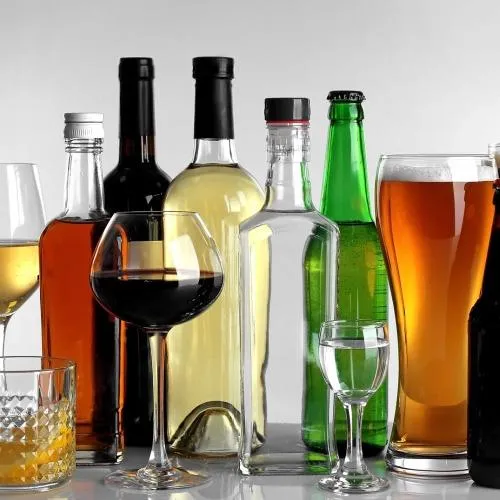
Alcohol Abuse
Alcohol abuse, also known as alcohol misuse, is a pattern of drinking that results in harm to an individual's health, interpersonal relationships, or ability to work. It involves consuming excessive amounts of alcohol, leading to a range of physical and psychological issues. These can include liver damage, cardiovascular problems, depression, and anxiety, as well as social consequences such as strained relationships and impaired job performance.
Alcohol abuse often interferes with daily responsibilities and can lead to risky behaviors, including driving under the influence. Addressing alcohol abuse typically requires a combination of medical intervention, counseling, and support from recovery communities to promote lasting sobriety and overall well-being.
Symptoms

The symptoms of alcohol abuse can vary widely among individuals but commonly include the following:
1. Drinking more or for longer than intended: An inability to control the amount or duration of drinking sessions.
2. Failed attempts to cut down or stop drinking: Repeated unsuccessful efforts to reduce alcohol intake.
3. Spending a lot of time drinking, being sick, or getting over the effects of drinking: Significant time investment in activities related to alcohol consumption.
4. Cravings: Strong urges or desires to drink alcohol.
5. Neglecting responsibilities: Failure to fulfill major obligations at work, school, or home due to drinking.
6. Continued drinking despite social or interpersonal problems: Persistent use of alcohol despite knowing it causes or exacerbates relationship issues.
7. Giving up or reducing other activities: Abandonment or reduction of important social, occupational, or recreational activities because of alcohol use.
8. Drinking in hazardous situations: Consuming alcohol in situations where it is physically dangerous, such as driving or operating machinery.
9. Tolerance: Needing to drink more to achieve the same effect or noticing a diminished effect with the same amount of alcohol.
10. Withdrawal symptoms: Experiencing physical symptoms such as sweating, shaking, nausea, or anxiety when not drinking, or drinking to relieve or avoid these symptoms.
Recognizing these symptoms early can help in seeking appropriate treatment and support to address alcohol abuse effectively.
Treatment Options

The best treatment options for alcohol abuse typically involve a combination of medical, psychological, and social support approaches. Some of the most effective treatment options include:
1. Detoxification: Medically supervised withdrawal to safely manage acute symptoms of alcohol withdrawal.
2. Behavioral Therapies: These include cognitive-behavioral therapy (CBT), motivational interviewing (MI), and contingency management, which help individuals recognize and change their drinking behaviors.
3. Medications: FDA-approved medications such as naltrexone, acamprosate, and disulfiram can help reduce cravings, manage withdrawal symptoms, and discourage drinking.
4. Support Groups: Participation in groups like Alcoholics Anonymous (AA) or other peer support groups provides a community of individuals with shared experiences and support.
5. Inpatient Rehabilitation Programs: Structured programs that offer intensive care, counseling, and support in a residential setting, typically lasting from a few weeks to several months.
6. Outpatient Programs: These programs allow individuals to receive treatment while continuing to live at home, including counseling, group therapy, and medical care.
7. Family Therapy: Involving family members in therapy can help repair and strengthen relationships and provide a support system for the individual in recovery.
8. Dual Diagnosis Treatment: For individuals with co-occurring mental health disorders, integrated treatment addressing both alcohol abuse and the mental health condition is crucial.
9. Lifestyle Changes and Holistic Therapies: Incorporating exercise, nutrition, mindfulness, and stress management techniques to support overall well-being and recovery.
Combining these approaches tailored to your needs can significantly enhance the chances of achieving and maintaining sobriety.
Uncover the Truth: Exclusive Alcohol Video Insights
March 28, 2018
If even light drinking can cause cancer, why don’t doctors warn their patients about it?
April 26, 2023
A randomized, double-blind, clinical trial of fecal microbiota transplant for alcohol use disorder (which is the current clinical term for alcoholism).
August 19, 2022
Even if alcohol causes cancer and there is no “French paradox,” what about the famous J-shaped curve, where excessive drinking is bad, but light drinkers appear to have lower mortality than abstainers?
April 6, 2018
What would happen if you effectively randomized people at birth to drink more or less alcohol their whole lives? Would they get more or less heart disease?
May 6, 2013
Nearly 5,000 breast cancer deaths a year may be attributable to just light drinking (up to one drink a day).
Available Help
988 Suicide and Crisis Lifeline We can all help prevent suicide. The 988 Lifeline provides 24/7, free and confidential support for people in distress, prevention and crisis resources for you or your loved ones, and best practices for professionals in the United States.
Find A.A. Near You This website does not contain a meeting finder. Contact one of the A.A. resources below for a meeting list in that location and the surrounding area.
The Online Intergroup of Alcoholics Anonymous, or OIAA, is an International service organization established in accordance with the Ninth Tradition of Alcoholics Anonymous A.A., specifically for the purpose of assisting online.
All of the efforts of Narcotics Anonymous are inspired by the primary purpose of our groups. Upon this common ground we stand committed.
Marijuana Anonymous is a simple program based on one addict helping another.
A simple, supportive approach to mental health care. Find a therapist who fits your needs and takes your insurance.
The United States Department of Veterans Affairs is a Cabinet-level executive branch department of the federal government charged with providing lifelong healthcare services to eligible military veterans at the 170 VA medical centers and outpatient clinics located throughout the country.
NAMI is the National Alliance on Mental Illness, the nation’s largest grassroots mental health organization dedicated to building better lives for the millions of Americans affected by mental illness.
If you or someone you know has a mental illness, is struggling emotionally, or has concerns about their mental health, there are ways to get help.
The Substance Abuse and Mental Health Services Administration (SAMHSA) is the agency within the U.S. Department of Health and Human Services (HHS) that leads public health efforts to advance the behavioral health of the nation and to improve the lives of individuals living with mental and substance use disorders, and their families.
The National Network of Depression Centers (NNDC) develops and fosters connections among members to use the power of our network to advance scientific discovery, and to provide stigma free, evidence-based care to patients with depressive and bipolar illnesses.

